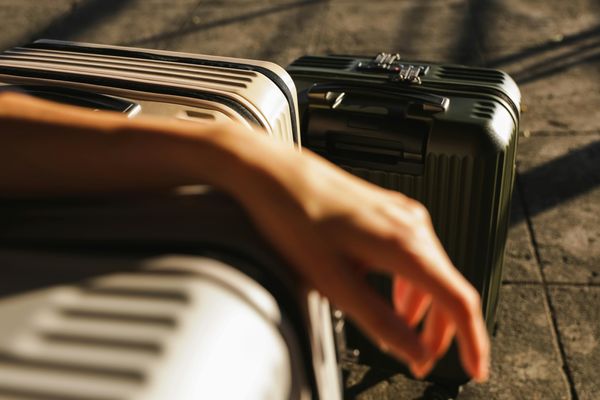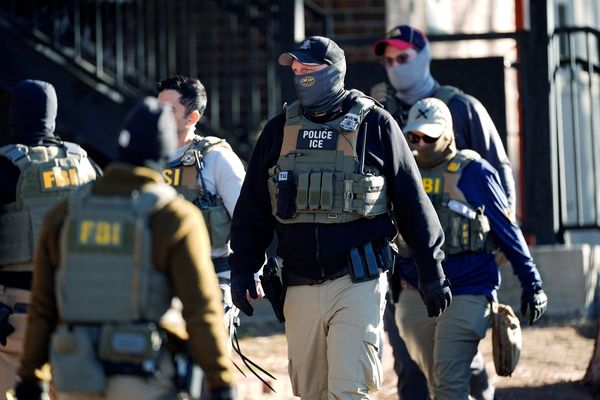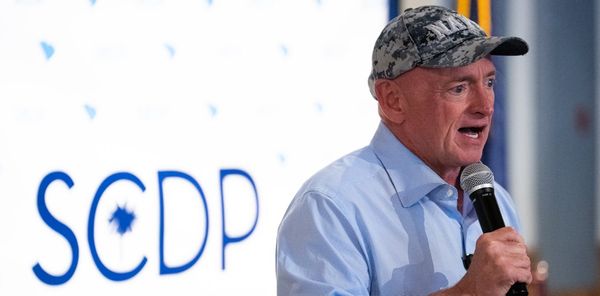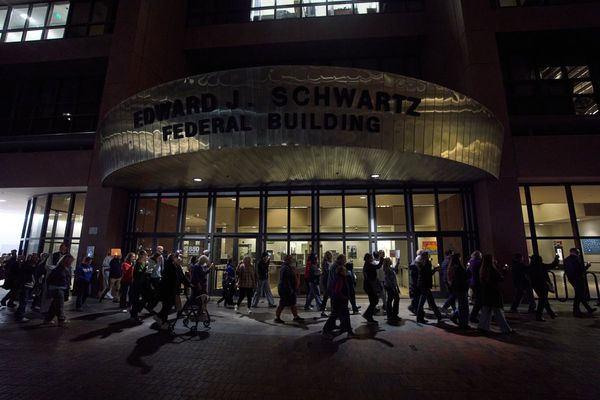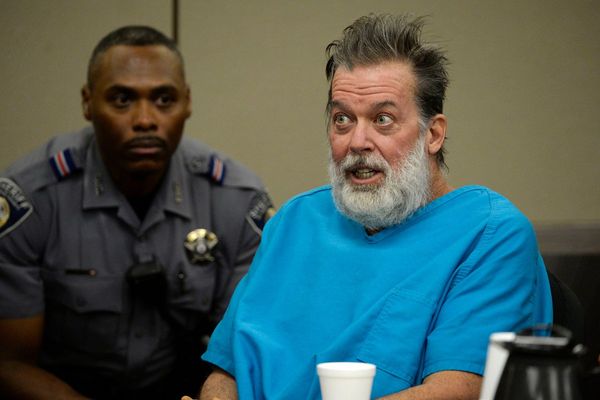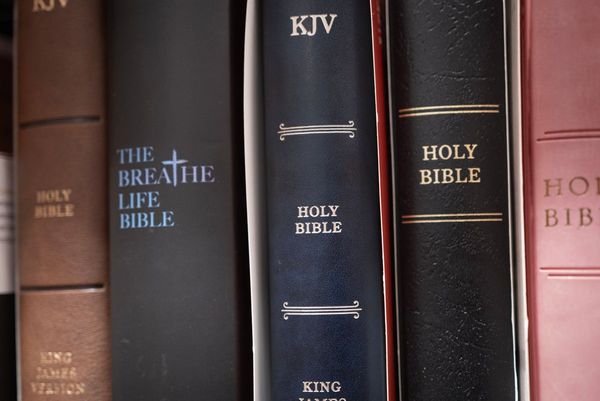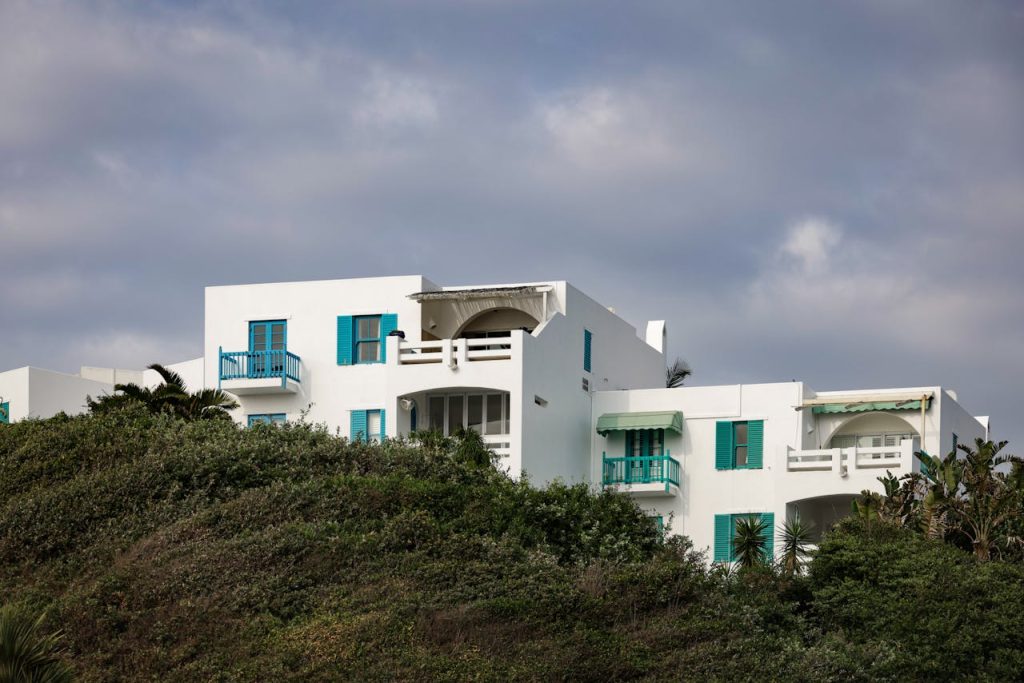
For many, the dream of owning a second home is about more than just extra space or vacation getaways. It’s often seen as a pathway to wealth, a retreat, and a smart way to diversify investments. But the reality is, this dream can turn into a financial headache. As the market changes and costs rise, some are wondering if owning a second home is actually the worst investment of the decade. Before making a down payment, it’s important to look at the risks, costs, and long-term implications. Let’s break down why this once-glamorous asset could be losing its appeal—and what you should consider before buying.
1. Rising Costs and Unpredictable Expenses
The cost of owning a second home goes far beyond the listing price. Property taxes, insurance premiums, and maintenance fees have all been climbing. Repairs can pop up at the worst times, from replacing a roof to fixing burst pipes during winter. If the property is in a vacation area, you might face higher utility bills and fees for special services like landscaping or security.
When you add up these expenses, the math often doesn’t work in your favor. Even if you plan to rent out your second home, high turnover, cleaning costs, and management fees can eat into your profits. These unpredictable expenses make owning a second home a risky investment in today’s market.
2. Uncertain Real Estate Market
Real estate, like any investment, goes through cycles. In the last decade, many markets saw rapid appreciation, leading people to believe property values would keep climbing. However, recent years have shown that prices can stagnate or even decline, especially in areas dependent on tourism.
This unpredictability is a big reason why owning a second home can be considered the worst investment of the decade. If you buy at the top of the market and values drop, you could be stuck with a property worth less than you paid. Unlike stocks or bonds, selling a house isn’t quick or easy—and you’ll still be on the hook for all those ongoing costs while you wait for a buyer.
3. Low Rental Yields and High Competition
Many buyers justify a second home by planning to rent it out on platforms like Airbnb or Vrbo. While this can generate income, rental yields have been dropping in popular destinations. Oversupply is a real issue. As more people buy vacation homes, competition for renters increases, driving down nightly rates and occupancy.
On top of that, local governments are cracking down on short-term rentals with new rules and taxes. If your area suddenly restricts rentals or increases fees, your expected income can vanish overnight. This makes the investment much riskier than it might appear on paper.
4. Opportunity Cost: What Are You Giving Up?
When you tie up money in a second home, you lose the flexibility to invest elsewhere. The down payment, closing costs, and cash reserves could instead be earning returns in stocks, retirement accounts, or even funding your own business. Real estate is illiquid, so you can’t quickly access your money if you need it for an emergency or a better opportunity.
This is a key reason why many now see owning a second home as the worst investment of the decade. The opportunity cost is often overlooked, but it can have a major impact on your long-term financial health.
5. Lifestyle Realities and Emotional Costs
It’s easy to focus on the fun side of a second home—weekend getaways, family gatherings, and a place to unwind. But the reality is often more stressful. You might feel obligated to visit just to justify the expense, making vacations less spontaneous. Managing two properties means double the chores, double the bills, and double the headaches.
Many owners underestimate the emotional toll. If the property sits empty or requires ongoing maintenance, the dream can quickly sour. The stress of managing tenants, repairs, and local regulations can overshadow any enjoyment.
6. Tax Surprises and Legal Hassles
Tax rules for second homes can be tricky. If you rent the property, you may owe income taxes and need to navigate complex deductions. Some states and municipalities have introduced extra taxes on non-primary residences, making the financial picture even murkier.
Legal requirements can also shift suddenly. Zoning changes, new short-term rental bans, or unexpected legal disputes with neighbors can create expensive headaches.
Should You Reconsider the Second Home Dream?
Given all these challenges, it’s no surprise that more people are asking if owning a second home is the worst investment of the decade. The risks are real: rising costs, uncertain returns, and the possibility of being stuck with a property you can’t easily sell. While a second home can offer lifestyle perks, it’s rarely the wealth-building tool many hope for.
If you’re set on a vacation property, look closely at your finances and the local market. Consider alternatives, like renting or fractional ownership. You might also want to consult resources such as Investopedia’s real estate investment guide for more information. Weigh the pros and cons carefully—your financial future may depend on it.
Are you thinking about buying a second home, or have you faced any pitfalls with a property investment? Share your experiences or questions in the comments below!
What to Read Next…
- Why Buying a Second Property Could Jeopardize Your Heirs Inheritance
- 8 Real Estate Mistakes That Erode Wealth Before Retirement Ever Starts
- 6 Reasons Real Estate Wealth Disappears Within One Generation
- 5 Home Investment Plans That Legal Experts Say to Avoid
- 7 Real Estate Transfers That Trigger Capital Gains Overnight
The post Could Owning a Second Home Be the Worst Investment of the Decade appeared first on The Free Financial Advisor.
